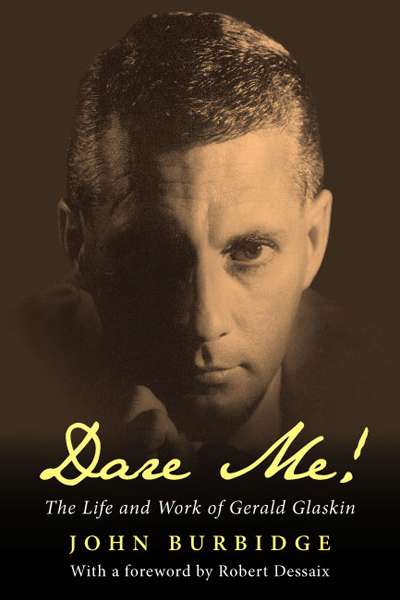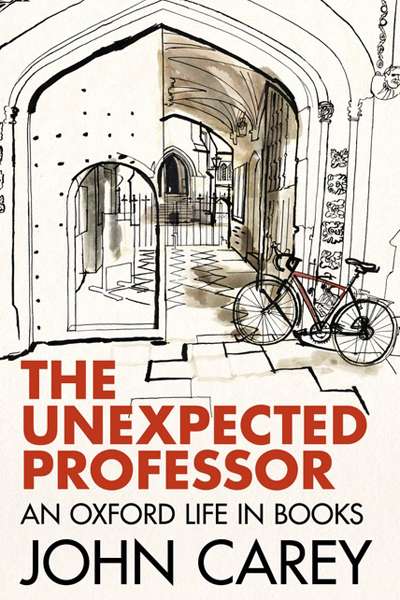Literary Studies
Hans Christian Andersen: European witness by Paul Binding
How a writer bears witness to his age is necessarily the expression of many things, not least the possibly quite peculiar nature of an author’s life. Literary works often emerge from complex upbringings, from periods of youthful isolation spent reading and writing. More still seem to have been written as a result of the fraught relationships that befall authors, perhaps because authors so often view their relationships with a degree of creative and critical distance. And yet, if a writer’s output evidences an unusual life, it also witnesses broader questions being asked by a community as a whole. At some level, even the most remarkable figures are typical of their age, and reflections of it. By the close of Paul Binding’s study of the life and works of Hans Christian Andersen (1805–75), we are reminded that extraordinary feats of originality and imagination are often the result of how unique minds enter wider discourses.
... (read more)Music at Midnight: The life and poetry of George Herbert by John Drury
Disdaining the opening moves traditionally associated with literary biography – the expected orderly progress through ancestry, parentage, birth, schooling, juvenilia – John Drury’s masterly new account of the life and poetry of George Herbert begins instead with the poem that Drury sees as Herbert’s finest work, written in mid-career, ‘Love (III)’. Herbert designed this poem as the culminating piece in the collection upon which his poetic reputation would come ultimately to rest, The Temple (1633).
... (read more)The novel begins with the burnished quality of something handed down through generations, its opening lines like the first breath of a myth. Seductive in tone and concision, charged with an aura of enchantment, the early paragraphs of George Johnston’s My Brother Jack (1964) do more than merely lure the reader into the narrative. In these sentences, Johnston reveals the conviction and control of a master storyteller who, at the outset, establishes his ambition and literary lineage:
... (read more)Antipodean America: Australasia and the constitution of U.S. Literature by Paul Giles
Paul Giles has done important work reimagining North American literary history as allied rather than isolationist – revisioning American literature not as the definition of landlocked nation or exceptional homeland but as the product of transatlantic and continental traverses of forms and voices. In three books, Transatlantic Insurrections (2001), Atlantic Republic (2006), and The Global Remapping of American Literature (2011), he has uncovered the lines of influence and adaptation between North American, British, and European literary cultures. As a geographical materialist, he focuses on individual authors, overlaid with their spatial and historical environments from the colonialist, to the revolutionary, to the postmodern. But he is not an Archimedean, seeking a still perspective from somewhere above or beyond. Rather, his outlook is shaped by cartographical models of the globe with their surface mosaics of national territories and periods. Whether geographical, historical, or literary, the world is always remappable. His impulse is a deterritorialising one, looking out from within the literary work, that imaginary space from which selves, borders, hemispheres, the nation, the world can be reperceived and co-ordinates reversed or rotated.
... (read more)Transnational Literature: Vol. 6, No. 2 by Gillian Dooley
Transnational Literature is an online, open-access journal that is published by Flinders University. The May 2014 edition certainly lives up to the title. This edition provides an overview of literary texts and theories from across the world.
The academic contributions explore a diverse range of topics. These include the work of Marion Halligan, literary representations of Islam and the veil, and the notion of ‘home’ as this is invoked in Shani Mootoo’s novel Cereus Blooms at Night (1996). There is a review essay on a selection of books dedicated to the theme of ‘world literature’, plus the paper delivered by Satendra Nandan at the December 2013 launch of Rosie Scott and Tom Keneally’s edited collection A Country Too Far (the latter is reviewed in this edition). Readers will also find poems, short stories and life narratives.
... (read more)Dare Me!: The life and work of Gerald Glaskin by John Burbidge
Never heard of him – that’s the most common reaction when I mention Gerry Glaskin. Some Western Australians remember him, as they should: he was born and spent his last years there. Yet in between he was a bestselling novelist in the 1950s and 1960s. He was translated into French, German, Swedish, Russian, Spanish, Dutch, Italian, Danish, and Norwegian. Doubleday commissioned him to write a book about northern Australia. He was also a prolific short story writer, with two published collections. All of this is documented in the appendix and reference list of Dare Me! So how and why has Glaskin been erased from the Australian literary consciousness?
... (read more)The Unexpected Professor: An Oxford life in books by John Carey
John Carey’s The Unexpected Professor: An Oxford Life in Books has three intertwined components: autobiographical memories from Carey, a prolific author and book reviewer and former Merton Professor of English Literature at Oxford; his six-decade interaction with that university; and ‘English literature and me, how we met, how we got on, what came of it’. The book is also a microcosm of twentieth- century Britain and its educational, intellectual, and class systems. Carey, born in 1934 into a far from wealthy family, benefited from the grammar school system that enabled him to win a scholarship to St John’s College, Oxford, where he gained a congratulatory first in English.
... (read more)Always Almost Modern: Australian print cultures and modernity by David Carter
Australia was colonised in the period of modernity, with the Industrial Revolution driving much of its development and a belief in improving technology and political progress underlying its public institutions. The society may have been modern but its culture, in particular its art and literature, has borne the recurrent charge of backwardness. The centres of innovation in twentieth-century art have been elsewhere, in the cosmopolitan cities of Europe or the United States of America, so that Australian critics and artists have carried a sense that to be distant from the centre also means to be behind the times. The gap between Australian modernity and its artistic partner and antagonist, modernism, has obsessed many Australian critics over the years; it is as if Australian art somehow ought to match the society’s technological progress as a matter of national pride.
... (read more)Twelve years after Swift’s death, Lady Mary Wortley Montagu showed a visitor to her house in Venice a commode lined with books by Pope, Bolingbroke, and Swift. This, she explained, ‘gave her the satisfaction of shitting on them every day’. We still don’t know exactly what it was that caused her to fall out with Swift, Pope, and their friends in the 1720s, but there’s no questioning the enduring passions involved. The clichéd ‘men in powdered wigs’ image of the eighteenth century tells only a small part of the story. The violent intensities of the satirists are really much more interesting. We read Swift still for the visionary moments of humour, indignation, disgust, and existential terror sometimes hard to distinguish from tragedy; oh, and also for the deadly poise of his prose. Wortley Montagu was right thus to line her commode. Satire in her day was a visceral business.
... (read more)Helen Small, Professor of English at Pembroke College, Oxford, adopts a pragmatic and non-polemical approach in addressing The Value of the Humanities. This topic has been much debated recently as political and economic pressures on universities and funding agencies have led to an alleged devaluation of the humanities.
... (read more)









